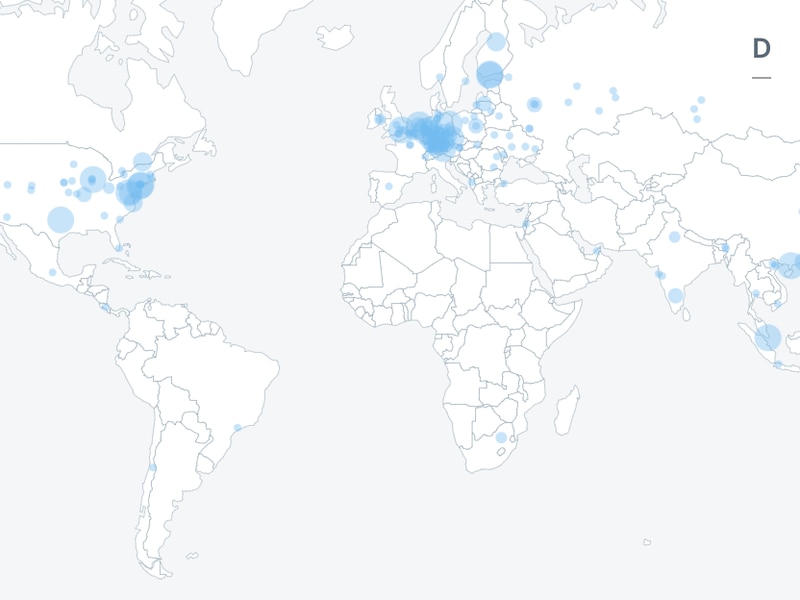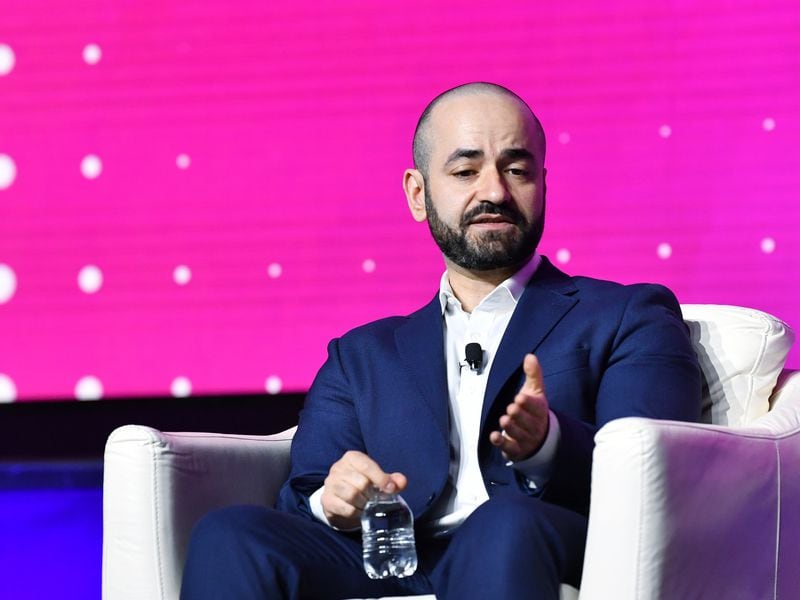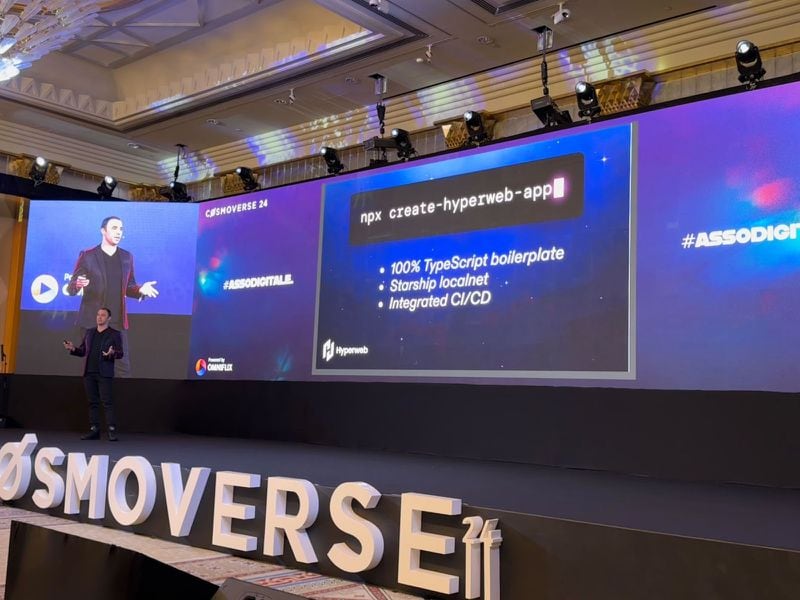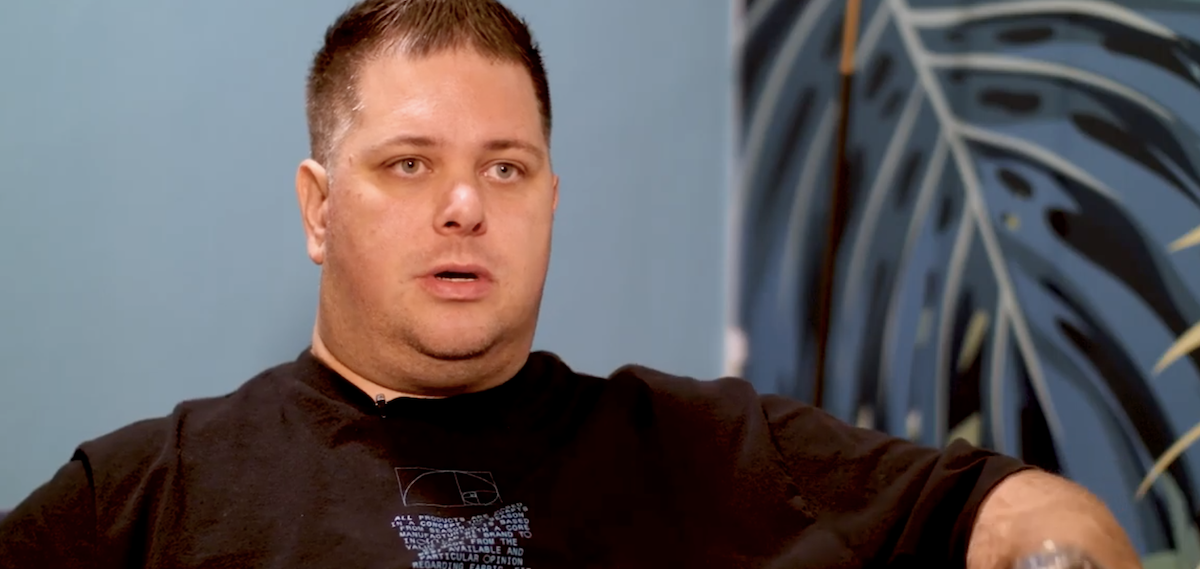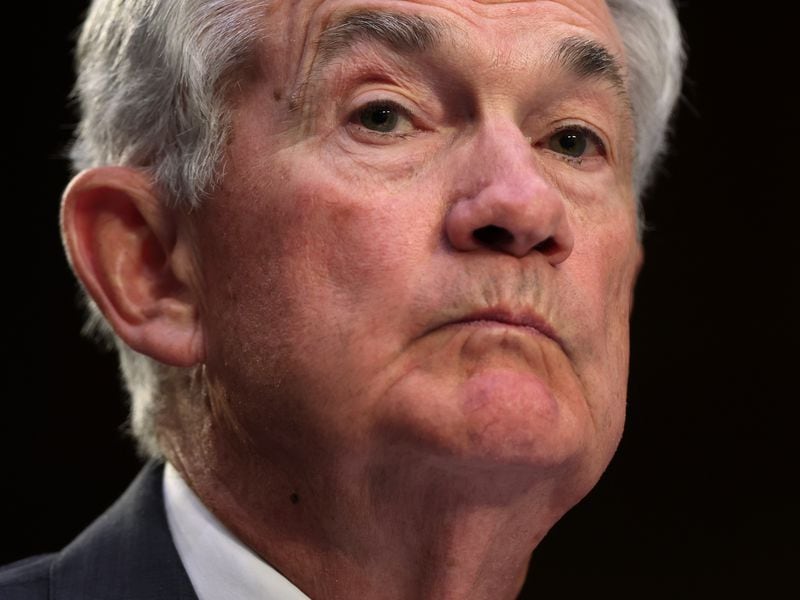$2 Billion Lost in Mt. Gox Bitcoin Hack Can Be Recovered, Lawyer Claims

The Takeaway:
- Moscow-based law firm ZP Legal claims to have identified Russian nationals who received bitcoin stolen in the 2014 hack of Mt Gox.
- Local law enforcement is investigating Alexander Vinnik, the alleged operator of the defunct exchange BTC-e.
- ZP Legal says Mt Gox creditors who come forward as potential BTC-e victims may help Russian authorities establish a connection between the exchanges.
- To cut a deal with law enforcement, those who benefited from the Mt Gox hack might offer to return funds to the exchange’s creditors, the law firm reckons.
While creditors of the defunct Mt Gox bitcoin exchange wait for the Japanese courts to resolve the fate of their money, a Moscow-based law firm is proposing a different solution.
According to Mt Gox creditors, ZP Legal contacted them earlier this year, offering an opportunity to recover almost a quarter of the missing 850,000 bitcoins stolen in the 2014 hack of the exchange. (The coins were worth more than $450 million at the time of the theft and $8.5 billion today.)
ZP Legal estimated 170,000 to 200,000 of these coins, currently worth $1.7 billion to $2 billion, can be recovered by taking legal action against Russian nationals who received the stolen money.
In return for its assistance, the law firm will charge creditors 50 to 75 percent of the recovered sum, as well as an hourly rate. However, ZP Legal says it will only accept payment in the event of a successful recovery.
Alexander Zheleznikov, the managing partner of ZP Legal (ZP stands for Zheleznikov and Partners), said he believed that some of the money stolen from Mt Gox might have ended up on another defunct crypto exchange, BTC-e. In fact, this longstanding claim has been investigated by former Mt Gox user Kim Nilsson and alleged in an order by the U.S. District Court of the Northern District of California.
Following this order, the alleged operator of BTC-e, Russian national Alexander Vinnik, was arrested in July 2017 in Greece and is now facing extradition to the U.S., Russia or France to face trial over money laundering charges.
Zheleznikov believes the criminal case against Vinnik, which Russian authorities are also investigating, can be accelerated if Mt Gox creditors come forward as victims and help law enforcement establish a connection between Mt Gox, BTC-e, and BTC-e’s successor, the also-failed Russian exchange WEX.
“Our plan is to represent the Mt.Gox creditors and help them report to Russian law enforcement so that the investigators could establish the connection between the stolen funds from Mt Gox, the operations of BTC-e and WEX, using Vinnik’s case,” Zheleznikov said. He added:
“If our assumptions of those connections are correct, the [thieves] will ultimately come forward and plead guilty, and to reduce the punishment, they will offer to recover a part of the funds. If they don’t, they will be deemed guilty by law enforcement, and then there will be a chance to sue them for damages based on the criminal case.”
International overtures
Zheleznikov said his firm reached out to lawyers representing the Mt Gox creditors, and later the creditors themselves, with the help of the Russian embassy in Tokyo. (The embassy did not respond to a request for comment.)
Andy Pag, the founder and former coordinator of the largest group of creditors, Mt. Gox Legal (MGL), said he was first contacted by the firm on Feb. 22, soon after ZP engaged with the Japanese lawyers working on the Mt Gox case.
“Lawyers for ZP held meetings in Tokyo with the creditors, and separately with the Mt. Gox Legal (MGL) insolvency lawyers, MHM Japan, on Feb. 15, 2019. I was the coordinator of MGL at the time so MHM made the introduction,” said Pag, who stepped down from Mt. Gox Legal at the end of March
He went on to add:
“There was a long hiatus after that, but more recently they re-contacted me asking me to help them devise their process for verifying individuals are valid victims of the theft, and a process to reach those individuals.”
According to a creditors’ discussion on a closed forum, ZP Legal claimed to have recovered as much as $1 million of funds on behalf of an unnamed client of the Russian crypto exchange WEX.
Zheleznikov refused to discuss the sum with CoinDesk but confirmed his firm worked with two people whose money was frozen at WEX. ZP Legal started its own investigation and the police started a preliminary investigation, and soon some people reached out to the firm and offered to compensate the WEX users’ losses, he said.
The firm connected the two sides and the next thing Zheleznikov heard was the victims telling him that “the matter was resolved,” he told CoinDesk. He refused to name either of the people involved in that deal.
Managing expectations
According to a document shared by Pag, ZP Legal told Mt Gox creditors that through a “close cooperation with law enforcement” it believed it could recover “up to 170,000 – 200,000 BTC.”
At the same time, the firm admitted it doesn’t know the identities of all people involved in the theft — it will be up to law enforcement to find the culprits. Speaking to CoinDesk, Zheleznikov said the amount is an estimate based on the number of creditors ZP hopes to take on as clients.
Zheleznikov stressed that his clients can expect to receive not bitcoins themselves but their fiat value now.
“I don’t promise to recover bitcoins,” Zheleznikov told CoinDesk. “Only those funds will be recovered that a court will be able to forfeit.”
In the document Pag shared with the creditors, ZP describes how the loss will be calculated.
“If you held a balance on Mt Gox of say 100 BTC on the day it closed, to calculate your Russian police claim you must convert this to hard currency based on the current rate, for instance $10,000/[BTC] means your claim will be $1,000,000, in Roubles,” the document says.
A potential problem with this approach is that digital assets have no legal status in Russia at the moment, as in many other jurisdictions, and there is no clear methodology for valuing cryptocurrency. Zheleznikov admits that his firm will be acting in the absence of settled practices.
“We’re not sure [we will be able to convince the police to trust our estimates], we’re entering a grey zone where nobody has ever gone before. We’re not promising anything — we assume that we have certain legal skills and there are some existing laws, and we hope to leverage it all,” Zheleznikov said.
He admitted there might be “years of the legal fight, refusals from the police and legal practice formation” ahead.
Notorious clientele
While not widely known in the Russian crypto space, Zheleznikov has a remarkable track record as an attorney for a number of cases making waves in Russia in recent years.
In particular, since 2014, Zheleznikov has been defending the Russian neo-Nazi Maxim Martsinkevich, nicknamed “Tesak” (the Hatchet), who is serving a 10-year term in Russian prison for assaulting people he and his associates believed to be drug pushers.
Zheleznikov has also defended popular Russian journalist Anton Krasovsky and oligarch Konstantin Malofeev who is believed to be a sponsor of the separatist forces that confronted the Ukrainian army on the South East of Ukraine in 2014.
Mt Gox disclosed the theft of approximately 850,000 bitcoin (worth more than $450 million at the time) in February 2014. The exchange suspended trading, filed for bankruptcy protection and began liquidation proceedings.
According to security firm WizSec, most, if not all, of the missing bitcoin were stolen from the exchange’s online, or hot, wallet between 2011 and 2014.
The exchange transitioned from bankruptcy proceedings to civil rehabilitation, a debtor-friendly form of corporate restructuring, last year, meaning creditors will receive bitcoin instead of a fiat sum.
However, due to a large number of claims and other ongoing legal issues, it is unclear when these funds will be returned. A deadline for filing a civil rehabilitation plan was postponed in April by Mt Gox’s trustee, Nobuaki Kobayashi, and no plan will be filed before the end of October.
Alexander Zheleznikov image courtesy of himself

